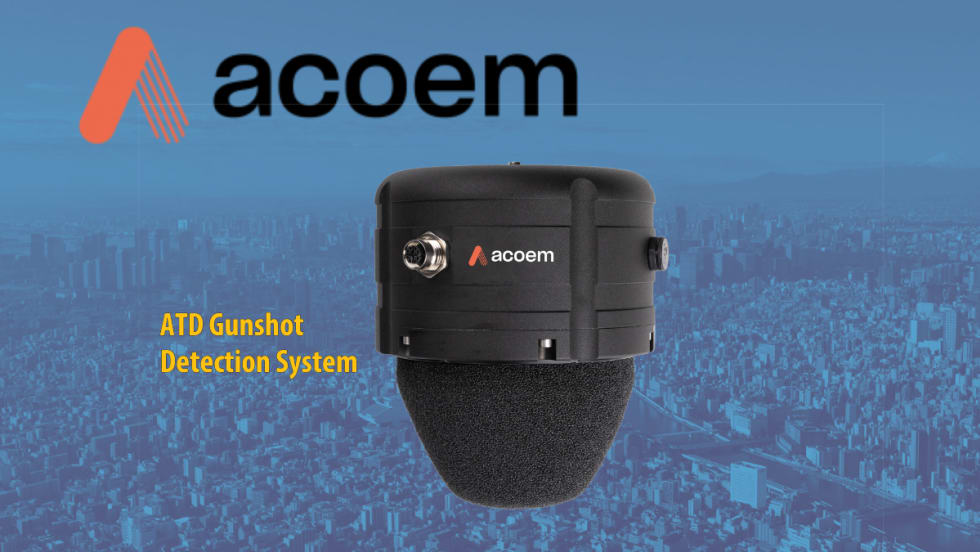Axon has announced the assembly of a new AI Ethics Board to help guide the development of Axon's AI-powered devices and services. The Board's mission is to provide expert guidance to Axon, paying particular attention to the impact of AI technology on communities. In the Board's first meeting in Scottsdale, AZ, members gathered to set guidelines for developing AI technology.
The AI Ethics Board is made up of experts from varying fields including AI, computer science, privacy, law enforcement, civil liberties, and public policy. Axon assembled a diverse group with the intention of bringing a variety of perspectives to the table during board meetings. The full list of members includes:
Ali Farhadi, PhD, Associate Professor of Computer Science and Engineering at University of Washington, Senior Research Manager at AI2 and CEO of Xnor.ai
Barry Friedman, Professor and Director of the Policing Project at New York University School of Law
Jeremy Gillula, PhD, Privacy and Civil Liberties Technologist
Jim Bueermann, President of the Police Foundation
Miles Brundage, Research Fellow at the University of Oxford's Future of Humanity Institute
Tracy Kosa, PhD, Fellow at Stanford University and Adjunct Professor at Seattle University School of Law
Vera Bumpers, Chief of Houston Metro Police Department, incoming President of the National Organization of Black Law Enforcement Executives
Walter McNeil, Sheriff of Leon County (FL) Sheriff's Office, former President of the International Association of Chiefs of Police
The Board will meet twice a year to discuss ethical implications of AI-powered technologies being developed by Axon. Today, the discussion will revolve around a range of future capabilities Axon's AI Research team is working on to help increase police efficiency and efficacy. Axon's ultimate goal in developing AI technology is to remove the need for police officers to do manual paperwork entirely.
"We believe the advancement of AI technology will empower police officers to connect with their communities versus being stuck in front of a computer screen doing data entry," says Axon CEO and founder, Rick Smith. "We also believe AI research and technology for use in law enforcement must be done ethically and with the public in mind. This is why we've created the AI Ethics Board - to ensure any AI technology in public safety is developed responsibly."
As a leading technology company for law enforcement, Axon believes it has an obligation to the public to develop its AI technologies with transparency and accountability. With more than 18,000 law enforcement customers in more than 100 countries, Axon is committed to ensuring customers' data is protected while respecting individual rights and privacy.
"We take privacy very seriously and address privacy concerns of law enforcement officers and citizens before releasing a product," says Axon's Director of AI and Machine Learning, Moji Solgi. "We intend to be transparent with our customers and the general public about these principles and our efforts to adhere to them."
To further demonstrate a commitment to public transparency, Axon will publish one or two reports annually that describe the work of the Ethics Board. The first report will include the AI product development guidelines being set in the Board's first meeting. To learn more about Axon's AI Ethics Board, please www.axon.com/Ethics.











